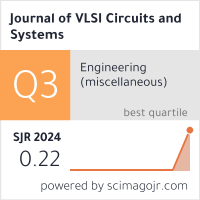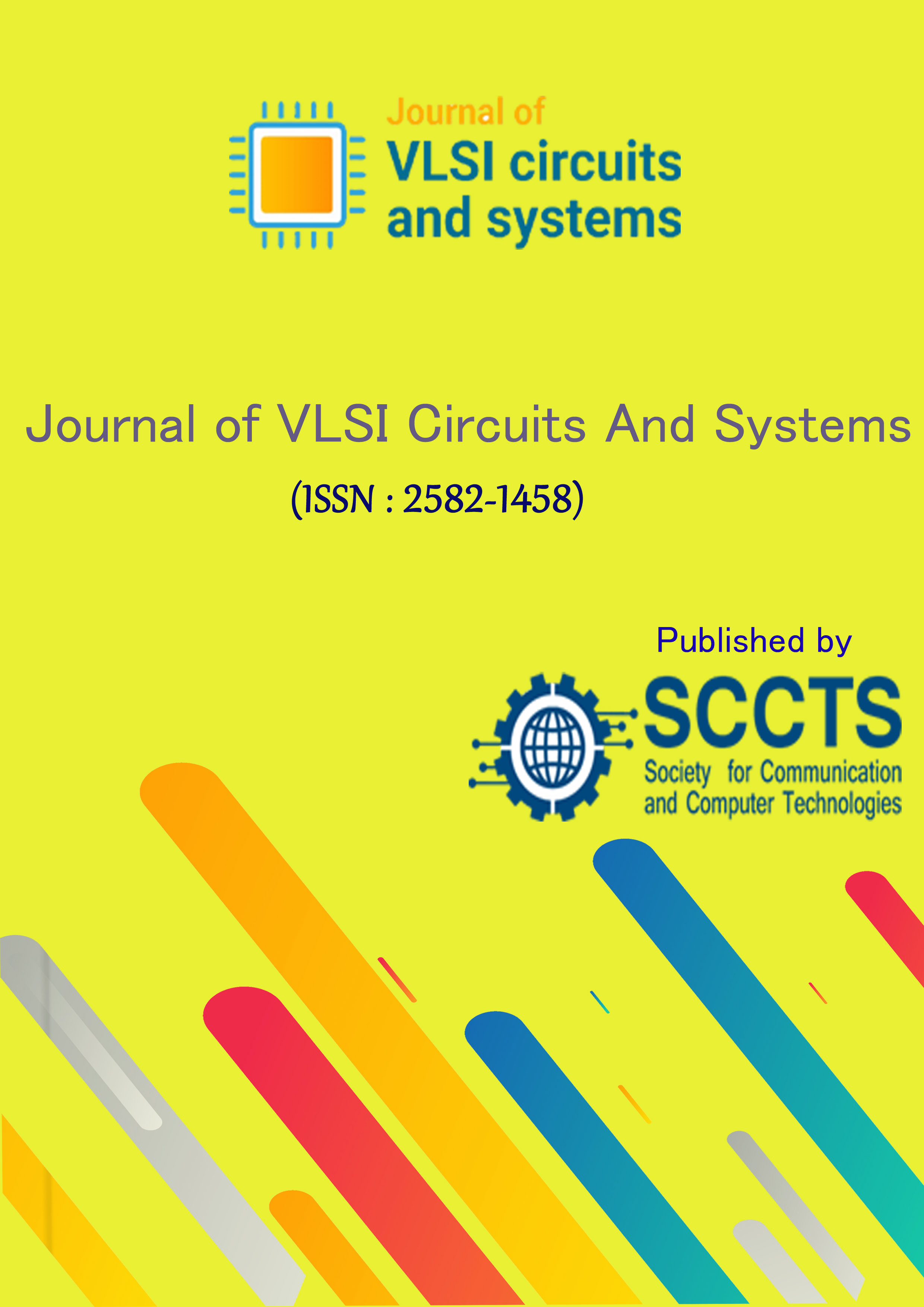Implementation of VLSI Systems Incorporating Advanced Cryptography Model for FPGA-IoT Application
DOI:
https://doi.org/10.31838/jvcs/06.02.12Keywords:
Internet of Things, VLSI, Advanced Cryptography, Data Security, FPGAAbstract
This article presents the construction of VLSI systems, including a contemporary encryption technique, appropriate for FPGA-based Internet of Things applications. Modern encryption algorithms are directly incorporated into VLSI systems as part of the plan to improve data transmission security in Internet of Things networks while maintaining high efficiency and low energy consumption. Because so many things in our environment require unique addresses the Internet of Things (IOT) requires the use of the IPv6 protocol. Compared with the traditional method there is a discernible decrease in energy consumption and a discernible increase in processing speed. To compare the outcomes with existing encryption this work aims to develop a VLSI architecture that excels in high performance and resource efficiency. Real-world Internet of Things applications can benefit greatly from the proposed system which combines processing energy security and energy efficiency. The aforementioned findings indicate the possibility of fusing cutting-edge cryptography with VLSI designs to create practical secure and expandable solutions for the upcoming wave of Internet of Things systems.















